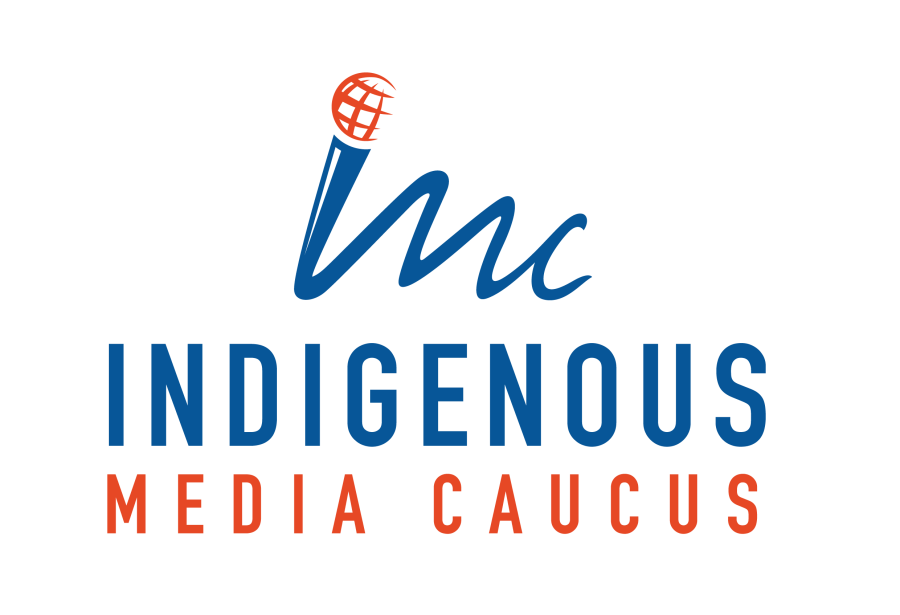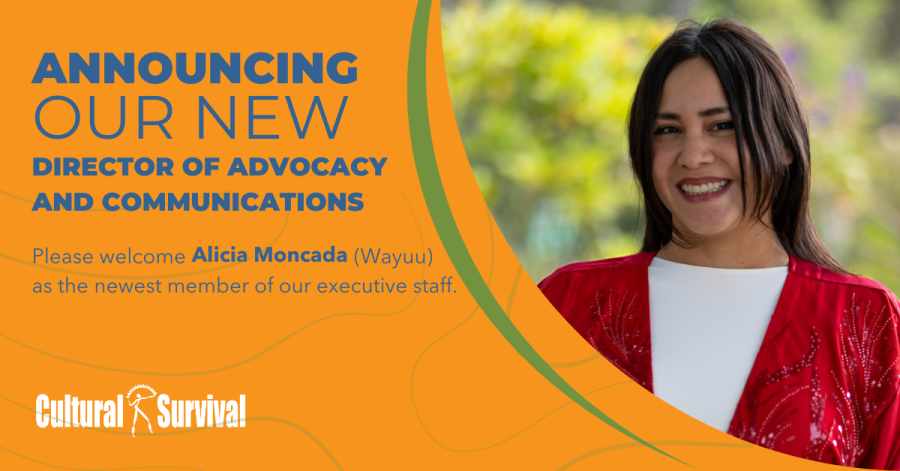The Anthropology Resource Center (ARC, Inc.) is a small, non-profit, public-interest research organization dedicated to making anthropological ideas and knowledge" relevant to some of the pressing social problems of the modern world. Founded by Dr. Shelton H. Davis in 1975, much of ARC's work focuses on promoting the human rights of indigenous peoples in the Western Hemisphere. Committed to the principle that indigenous peoples have a right to self-determination, ARC has tried to develop strategies for protecting native communities, cultures, and lands in the face of large-scale threats from economic, energy, and other resource development projects.
The activities conducted by the center include research on human rights violations against indigenous peoples and the social consequences of development policies; maintenance of a large information and documentation library on economic development and indigenous peoples' rights; the presentation of testimony before the U.S. Congress and international agencies, such as the United Nations and Organization of American States; and the publication of special research reports, newsletters, bulletins, and other materials.
Special reports published by ARC include The Geological Imperative (1976), Native Americans and Energy Development (1978), The Yanomami Indian Park: A Call for Action (1981), Native Peoples in Struggle (1982), Resource Development and Indigenous Peoples: A Comparative Bibliography (1983), and Native Americans and Energy Development II (1984). The center has co-published reports and conducted international campaigns on behalf of indigenous peoples in collaboration with the Committee for the Creation of the Yanomami Indian Park in Brazil, Survival International in England, the International Work Group for Indigenous Affairs in Denmark, and Akwesasne Notes, Cultural Survival, the Indian Law Resource Center, Oxfam America, and the Tribal Sovereignty Program in the United States.
In October 1982, ARC sponsored an international conference in Washington, D.C. on "Native Resource Control and the Multinational Corporate Challenge." The conference, which brought together over 100 native delegates and non-native legal and social experts from 15 different countries, discussed the effects that large-scale, nonrenewable, resource-development projects are having on indigenous peoples and their lands. Following the conference, ARC received a planning grant from the Ford Foundation's Program in Human Rights and Governance to develop an information exchange and technical-assistance network among indigenous organizations interested in promoting renewable resource-development strategies on their lands.
Since 1983, ARC has also worked with the Florida Rural Legal Services and the American Friends Service Committee in providing legal assistance to a community of 400 Kanjobal-speaking Mayan Indians from Guatemala who are seeking political asylum status in the United States. ARC works closely with Jeronimo Composeco, a Mayan Indian leader who founded the CORN-MAYA Project in Indian-town, Florida, a paralegal and social service program for the Kanjobal community in Florida. With ARC'S assistance, the activities of the CORN-MAYA Project are now being extended to Mayan Indian refugees in California and other parts of the United States.
In September 1984, ARC transferred its offices from Boston, Massachusetts to Washington, D.C. During 1984 and 1985, Dr. Shelton Davis will be conducting a study of the role of the OAS Inter-American Commission on Human Rights in the promotion and protection of the human rights of indigenous peoples in Latin America. The study, which is supported by grants from the J. Roderick MacArthur Foundation of Chicago and the Menil Fund of Houston, will include two trips to Latin America to interview government agencies and non-governmental organizations concerned with indigenous affairs.
A major purpose of the new ARC office will be to increase the public outreach and policy effectiveness of the research and other activities carried out by the center over the past several years. ARC will be devoting special attention in Washington to working with a growing network of human rights and environmental groups who have been concerned with the social and environmental consequences of multilateral development bank projects in various parts of the world.
Article copyright Cultural Survival, Inc.


